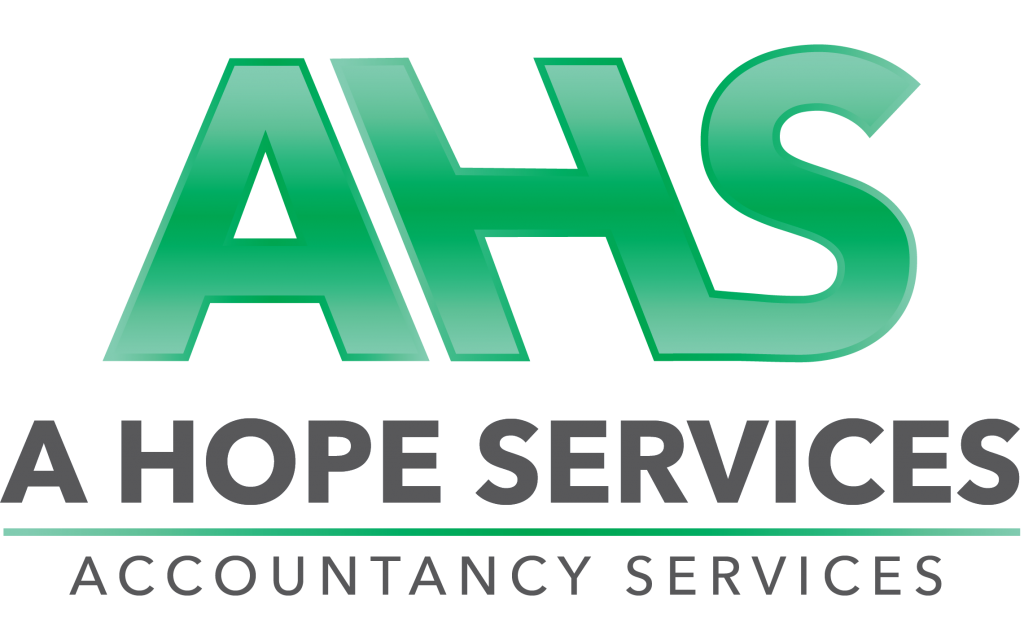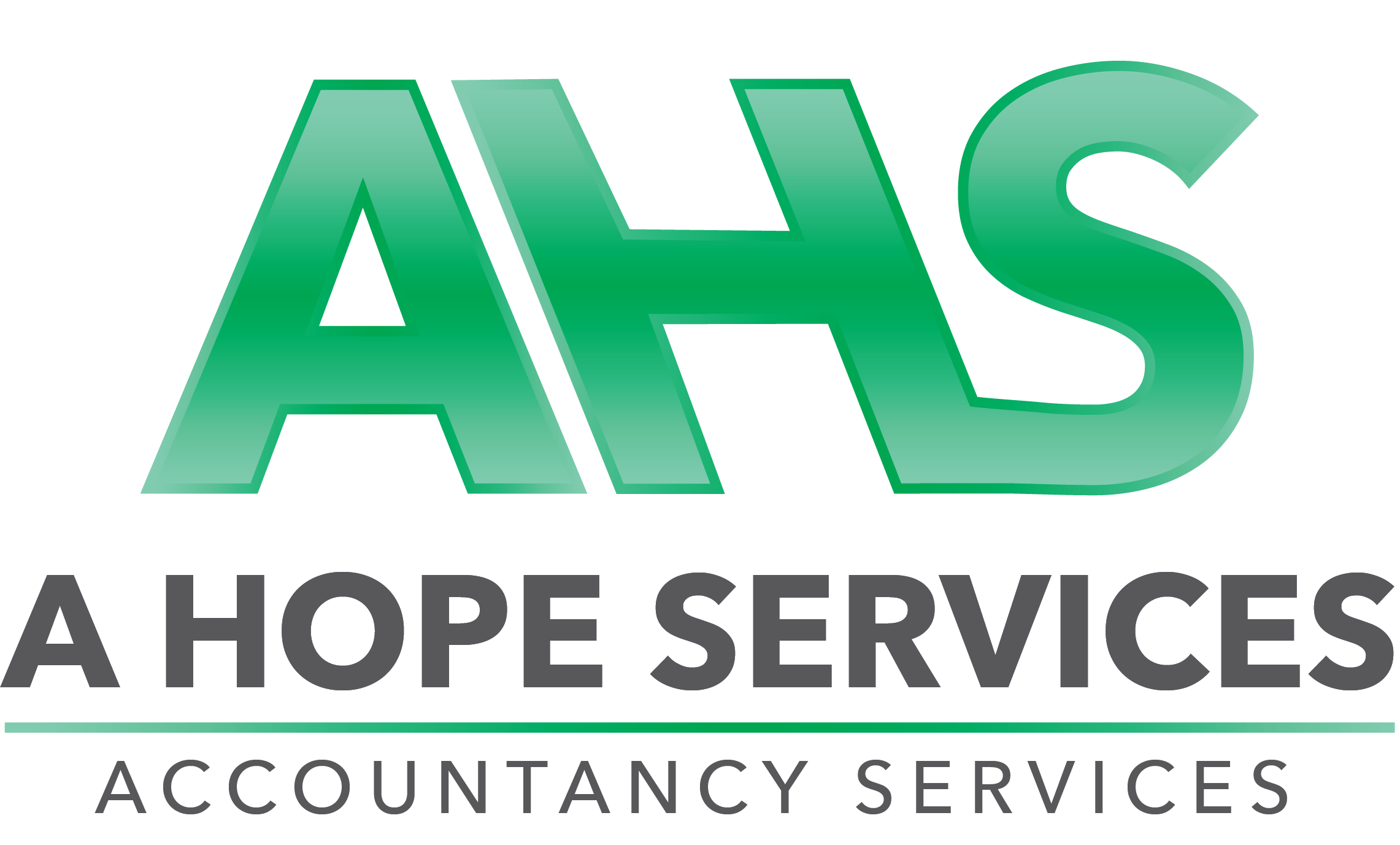
Every year, all limited companies registered in the United Kingdom are required to submit annual accounts. You may well be capable to handle all secretarial and accounting chores alone, based on the scale of your firm and the intricacy of its financial operations. Most businesses, on the other hand, employ accountants.
Whatever you choose, it’s critical that you thoroughly comprehend your corporation’s accounting responsibilities. It guarantees that your company is in compliance and that your director’s obligations and responsibilities are being met.
What do yearly accounts entail?
Financial accounts, statutory accounts, and corporate accounts are used to describe annual accounting. Annual accounts are a summary of the financial performance of a company over a 12-month period. They are submitted to HMRC and Companies House every year.
Limited enterprises must send their accounting reports to the following addresses:
- HM Revenue & Customs (HMRC) requires business shareholders
- Companies House
- Shareholders and Stakeholders
Income, spending, assets, liabilities, and equity are the financial data needed to prepare accounts. Complete yearly reports, should generally include:
- A profitability account supporting comments regarding the arrangements, a financial statement
- A report from the director
- A message from an assessor (unless the company is exempt from audit)
On the other hand, small businesses and micro-entities are rarely obliged to produce comprehensive accounts for Companies House. Instead, they could be allowed to submit simplified tax returns.
Until they begin trading, dormant firms do not need to produce any accounts for HMRC. They only have to prepare inactive reports for Companies House whilst dormant.
The Accountant’s Report
The balance sheet reports statement that shows the assets, obligations, and shareholders’ capital of a firm after its fiscal year- it reveals the company’s assets, its debts, and it gives an idea of the company’s valuation and monetary condition when the reports were prepared. i.e., it’s a snapshot of the financial position of the business at a certain time.
Accountant’s notes
Any supplemental material offered to support the accounts is referred to as notes to the statements. Some comments are required by law or require the accounting standards used. In contrast, others may aid in understanding the accounts, clarify ambiguity in the balance sheet or profit and loss account.
The Report of the Directors
A directors’ income statement is a financial document that more prominent firms must include in their annual reports and is prepared by a company’s management. Small businesses and microbusinesses are usually excluded from this rule.
A directors’ report summarises and contextualizes the company’s performance, present financial status, and future possibilities. This information aids company members and other accounting data consumers gain a better understanding of the firm’s financial health and viability.
A directors’ report will often contain any or all of the following:
- All people who served as directors of the corporation during the financial year reflected in the accounts are listed below.
- An examination of the company’s performance in its market
- The current financial situation of the firm is summarised in this report.
- The company’s primary business operations, aims, and strategy are described.
- The current situation of the market in which the firm works, as well as its long-term profitability
- A summary of expected future events and prospects
- Any patterns or variables that might impact the company’s future performance, growth, or financial condition.
- The company’s expansion and growth potential
- Describe the main potential risks that the company faces.
- Explanation of the directors’ approach to evaluating the company’s prospects, risks, and uncertainties
- Describe how these possibilities and problems are being addressed.
- Any significant financial events that happened after the balance sheet date that had an impact on the firm
- Significant modifications to the company’s fixed assets
- Recommendations for the payment of dividends
Your business must maintain accounting records.
You’ll need to retain financial and accounting records, data, and computations to be capable of completing your company’s yearly accounts and tax filings.
- Information of all products and services acquired and sold by the firm details of anything the company possesses (assets) and owing (liabilities)
- Mortgages and credit agreements and any money owing to the business
- Contracts of Lease
- Accounts Payable
Please feel free to contact us if you have any questions.



